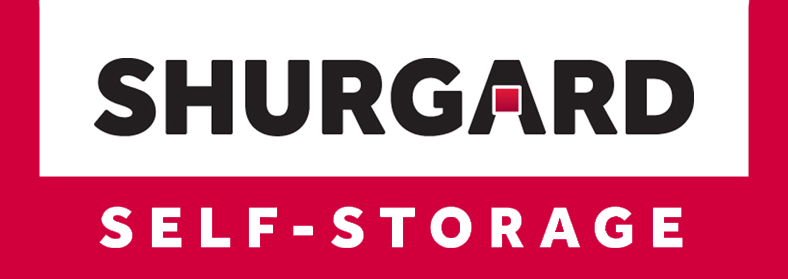Case studies
How Shurgard reduces staff turnover by using assessments
Shurgard
The Challenge
Across its operations, Shurgard needs colleagues who excel in the following skills: sales, service and administration. The company knows that someone who is good at sales probably has less affinity with administration, and vice versa.
Previously, Shurgard recruitedtwo colleagues per branch who complemented each other well in these skills. But this solution had risks. If one of the colleagues were to temporarily leave, the colleague left behind was forced to perform tasks to which they were unsuited.
There was also no consistent recruitment policy, leading Shurgard to suffer high staff turnover. The organisation needed a solution that would help them hire the right people.

The Solution
The application process at Shurgard begins with a telephone call. “We use a checklist for this, so it’s immediately clear to the candidate where they stand at Shurgard. It is important for us to have clarity on some of the basic details of a candidate. After the screening, a Teams interview with the HR department follows. If this is satisfactory, we invite the candidate to complete a Personal Profile Analysis (PPA) by Thomas International,” says Christina.
The Thomas PPA assessment provides insight into colleagues’ behaviour, revealing preferred communication style, strengths and areas for development. “We compare the candidate’s results with our prepared preference profile. If they match, we make a proposal. Sometimes the candidate’s scores deviate somewhat from the desired profile. In that case, we enter into another discussion, to investigate whether the candidate could still fit in the organisation.”
When recruiting for the position of District Manager, Christina also uses the GIA [or Aptitude] assessment, which tests candidates’ learning ability. “We know from experience that our District Managers come from very diverse backgrounds. It is important for us that someone can conform to the way we work at Shurgard, and that they are able to absorb new information. That’s where we see the added value of the learning assessment.”
Shurgard has established the minimum scores that a District Manager should achieve in multiple sections of the GIA. For example, it is important that a District Manager can fluently read and understand certain financial documents. Numeracy is therefore one of the facets in which a District Manager should score well.
In order to enable the District Managers to work as cohesively as possible with each other and the Market Manager, Christina’s team, together with Thomas International, organised a team session, during which all those present completed a PPA assessment beforehand. During the session, Thomas’ trainer discussed the individual and team results.
“When the pandemic started, we hired new District Managers. As soon as the situation allowed, we organised a physical meeting to which the District Managers and the Market Manager were invited. The purpose of this session was to get to know each other and understand each other’s characteristics. People with different profiles react differently to the same situation.”

The Results
Using the PPA assessment in Shurgard’s recruitment process is a logical choice for Christina. “It gives us the information we need to assess whether a candidate fits in with our organisation. This has led to lower staff turnover for us, as we can make better objective recruitment decisions.” Since Shurgard is organised in the same way in all countries and they are looking for candidates for the same positions in each location, standardising its recruitment process has improved the efficiency of the company.
The results of the learning assessment have proved an invaluable tool for Shurgard to assess whether future District Managers can work according to the organisation’s guidelines. The predictive ability of this assessment is very high. Therefore, Christina plans to organise more team sessions in the future. Besides its use case in recruitment, the team session has improved cohesion within the organisation.
Christina reflects: “We have really noticed that cooperation between colleagues has improved after the meeting. Besides the fact that the participants really enjoyed getting to know each other better, we also noticed that there was more understanding between them. Even after a long time, this effect can still be felt every day in the workplace."









